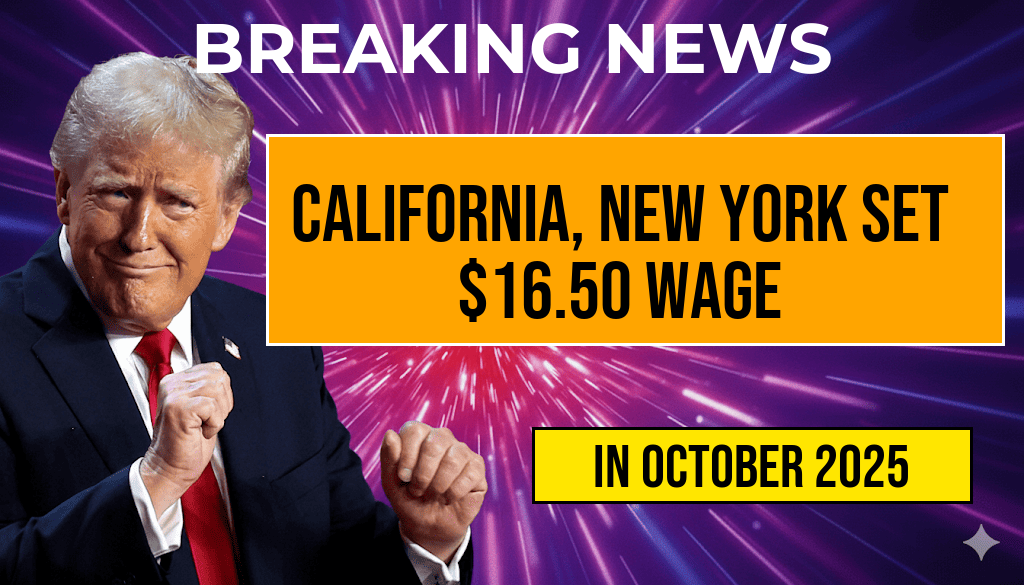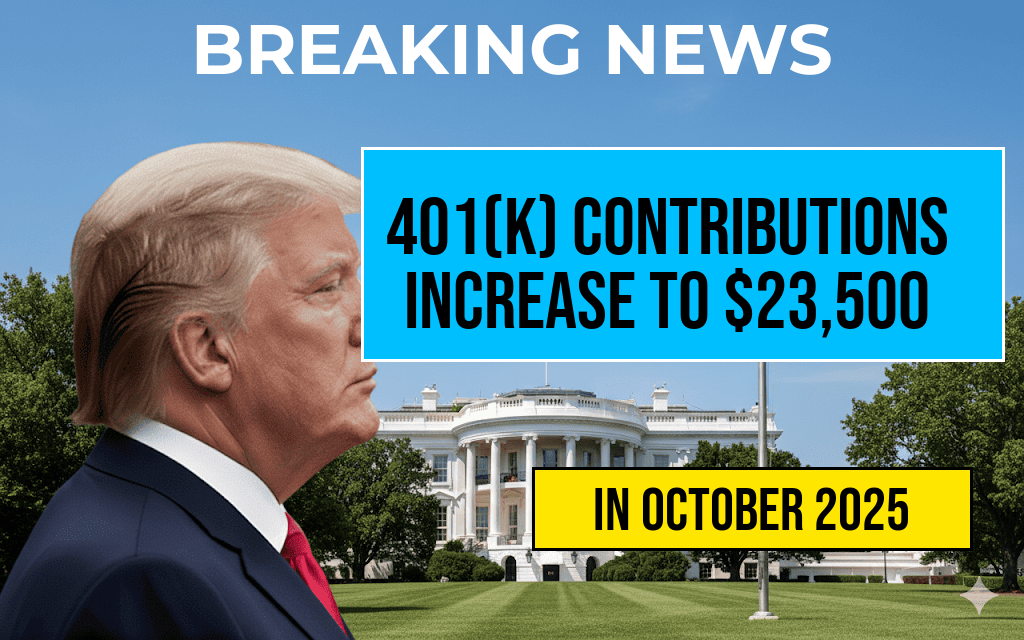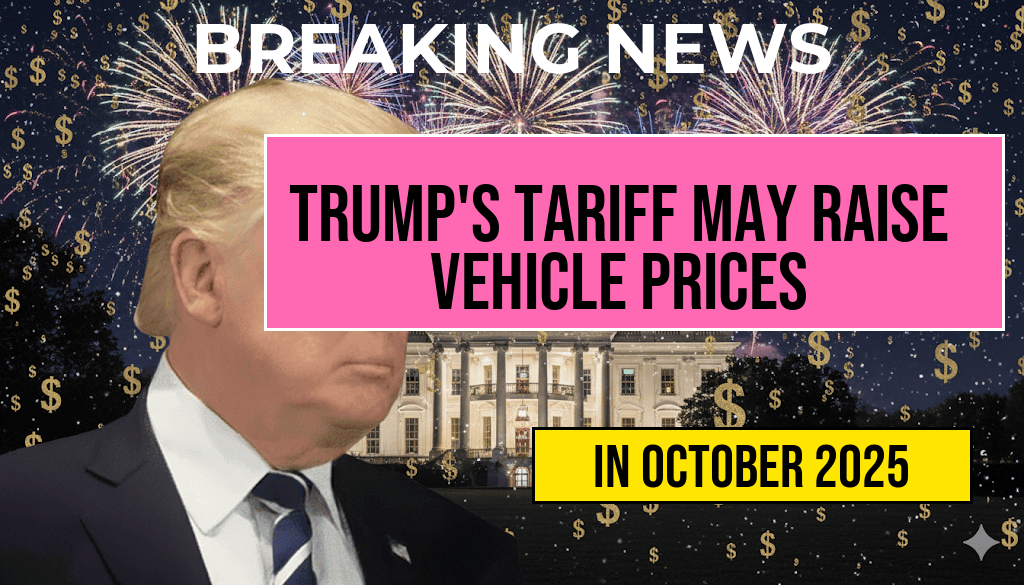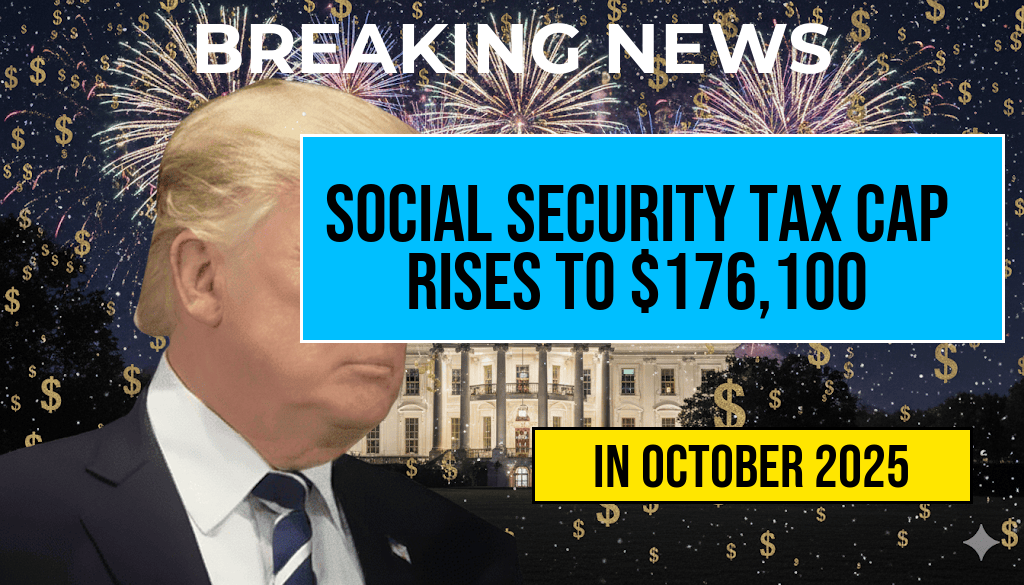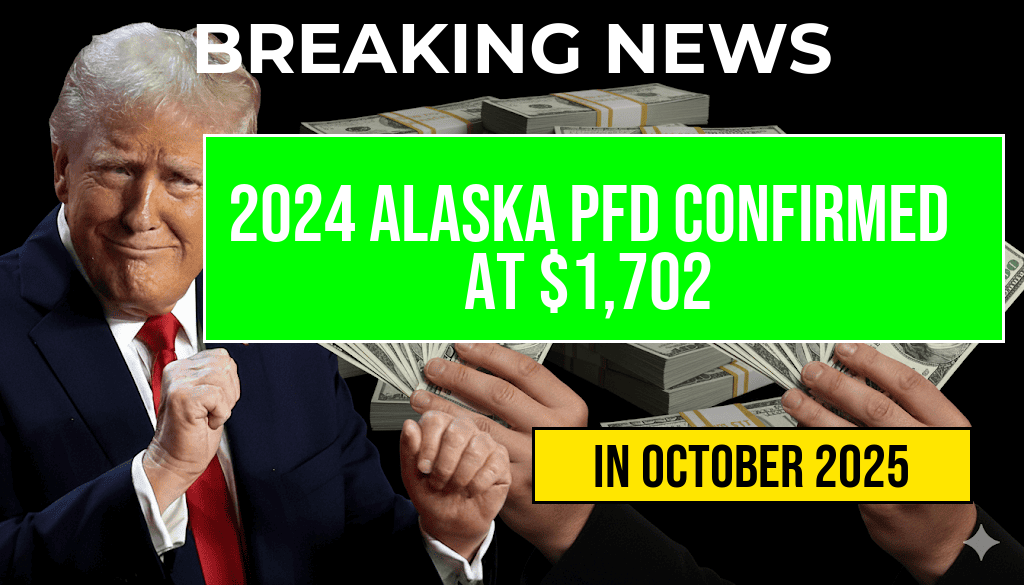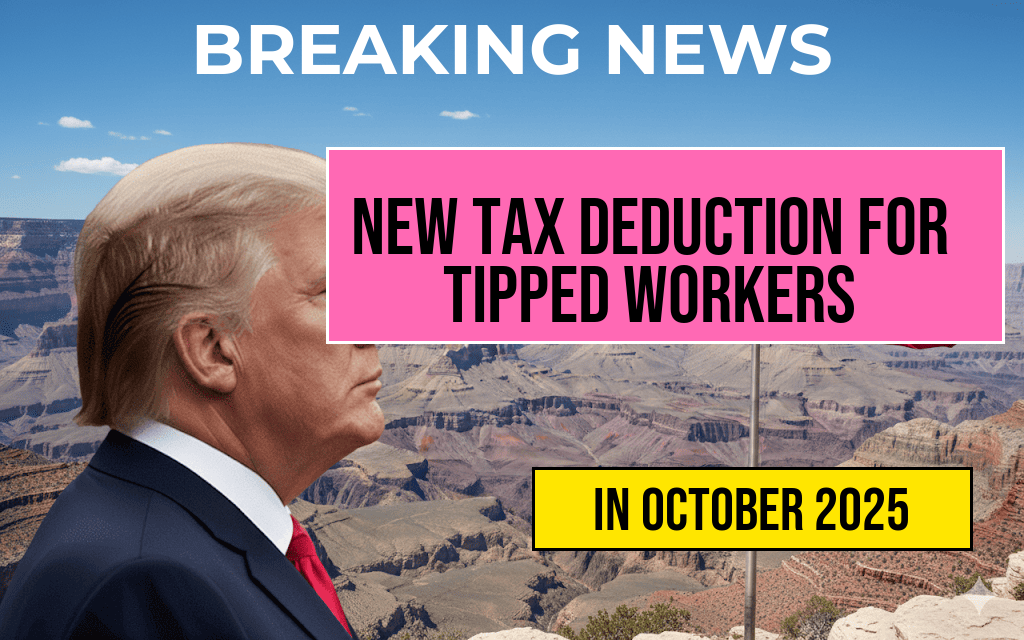Former President Donald Trump’s recent tariff proposals on imported vehicles could significantly impact consumer prices, with estimates suggesting an increase of up to $5,286 per vehicle. This potential rise comes as the automotive industry grapples with ongoing supply chain challenges and the economic repercussions of the COVID-19 pandemic. Experts warn that such tariffs could exacerbate existing inflationary pressures, particularly in a market already facing heightened demand and limited supply. The proposed tariffs aim to bolster domestic manufacturing but could have unintended consequences for consumers and manufacturers alike.
Understanding the Tariff Proposal
The tariff threat, which could target various imported vehicles, is part of Trump’s broader strategy to promote American manufacturing. Under this proposal, vehicles manufactured overseas would face increased tariffs, thereby raising the overall cost for consumers who rely on imported cars and components. The automotive industry is particularly sensitive to tariff fluctuations, as many manufacturers source parts globally.
Impact on Vehicle Prices
According to a recent analysis by the Forbes, the proposed tariffs could lead to an average increase of $5,286 on new vehicles. This figure is based on a comprehensive evaluation that considers the cost of materials, labor, and the overall market environment. The potential price hikes would not only affect new car buyers but could also lead to increased prices in the used car market.
Consumer Reactions
- Affordability Concerns: Many consumers are already struggling with rising living costs, and additional vehicle expenses could force them to reconsider purchases.
- Shift in Preferences: Potentially higher prices may lead buyers to seek more affordable alternatives, such as used vehicles or smaller, less expensive models.
- Market Uncertainty: The prospect of tariffs creates uncertainty in the market, which could discourage both consumers and manufacturers from making significant financial commitments.
Industry Response
The automotive industry has largely criticized the tariff proposals, arguing that they could undermine the recovery efforts from the pandemic. Industry leaders warn that increased costs could lead to reduced sales, layoffs, and a slowdown in economic growth. Autotrader reports that major manufacturers are already facing challenges due to global supply chain disruptions, and the addition of tariffs could complicate recovery efforts.
Potential Consequences for Domestic Manufacturing
While the intention behind the tariffs is to support American manufacturing, the reality may be more complex. Tariffs can lead to retaliatory measures from foreign governments, which could impact U.S. exports and further strain international relations. Additionally, manufacturers may be forced to pass on increased costs to consumers, leading to a potential backlash against the very policies designed to foster growth in domestic production.
Economic Implications
| Type of Vehicle | Current Average Price | Projected Price Increase | New Average Price |
|---|---|---|---|
| Compact Cars | $22,000 | $2,500 | $24,500 |
| SUVs | $35,000 | $5,286 | $40,286 |
| Trucks | $45,000 | $5,286 | $50,286 |
Looking Ahead
The ongoing debate surrounding tariffs highlights the delicate balance between supporting American jobs and maintaining affordable consumer prices. As discussions continue, stakeholders from various sectors are weighing in on the possible ramifications of such policies. Industry experts are advocating for more strategic approaches that could bolster domestic manufacturing without placing undue burdens on consumers.
In the coming months, the automotive industry will closely monitor developments related to these tariffs, as the implications could shape the future landscape of both manufacturing and consumer purchasing behavior in the United States.
Frequently Asked Questions
What are the potential impacts of Trump’s tariff threat on vehicle prices?
The tariff threat posed by Trump could lead to an increase in vehicle prices by as much as $5,286, significantly affecting consumers and the automotive industry.
Which vehicles are most likely to be affected by the tariffs?
The tariffs are expected to impact a wide range of vehicles, particularly those that rely heavily on imported parts or materials, such as electric vehicles and luxury models.
How do tariffs influence the automotive market?
Tariffs can increase the cost of manufacturing and importing vehicles, which often leads to higher prices for consumers and can reduce demand in the automotive market.
What alternatives do consumers have if vehicle prices rise due to tariffs?
If vehicle prices rise due to tariffs, consumers may consider purchasing used cars, opting for more affordable models, or exploring financing options to manage costs.
Will the tariffs affect the overall economy?
Yes, the tariff threats could have broader economic implications, potentially leading to increased inflation and affecting consumer spending, especially in the automotive sector.

